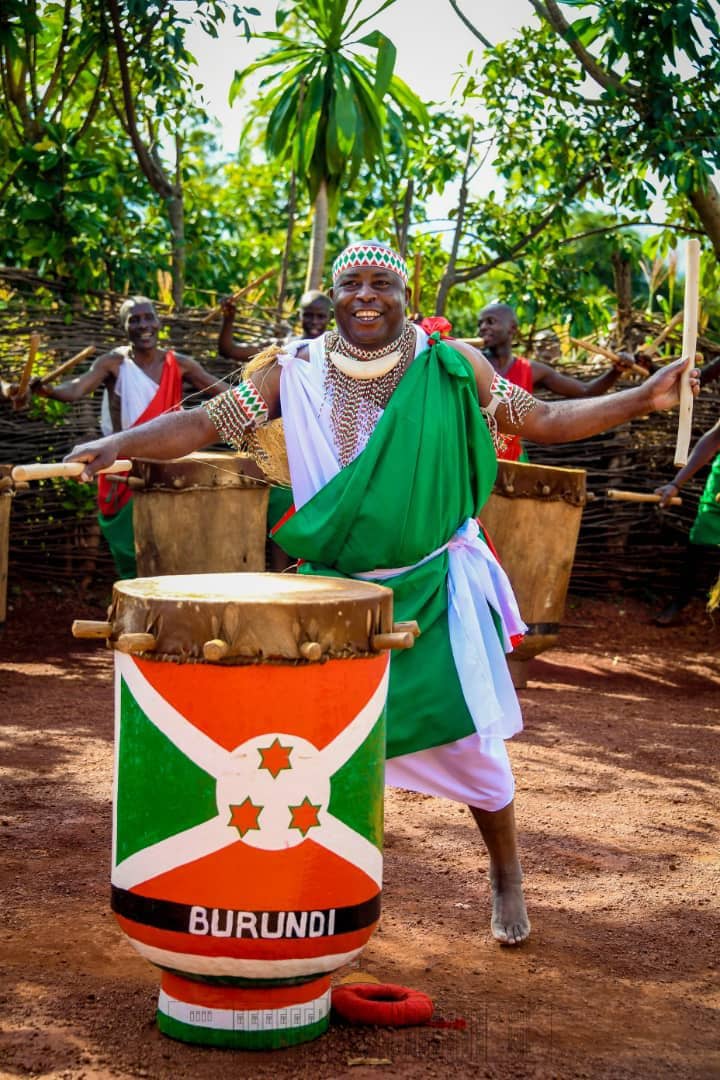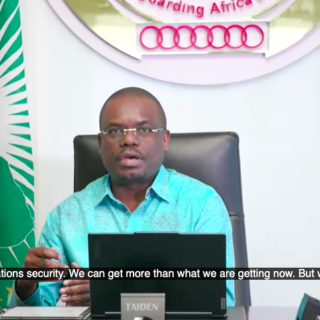
Last Thursday, the announcement by Burundi government via the Burundi Development Agency (ADB) to hire an agency / consultant to devise a marketing strategy for the nation branding went almost unnoticed. Even the Ntare House media channel failed to spread this news flash. Media houses which participate in shaping the intended image of a country gave it a little attention. This indifference left thousands wondering whether the government scrupulously conceived the project and zealously considered every step of its implementation, or no proper mechanism of operation was set out at all.
What should be the pre-requisite conditions that would drive success of this marketing strategy initiative?
“Oooh you are from Burundi! The poorest country on earth right, the Land of unending wars! You guys never stop fighting yet you speak the same language and you are culturally homogenous. Paradoxical! Anyway, welcome.” Many Burundians if not all have received such comments at immigration offices of different airports around the world. Internationally, these negative clichés are the sole dominating narrative about Burundi and Burundians.
However, Burundi isn’t just war. It isn’t poverty; It isn’t disease. It isn’t division. Burundi is home to wonderful people who share the same language and culture, from north to south, east to west. Burundians are the only practitioners and custodians of the sacred Drum known as “Ingoma” and “Umurisho w’Ingoma” Dance recognized as the World Intangible cultural Heritage by the UNESCO since 2014. Burundi hosts the southernmost source of the Nile, making part of the Nile Basin. Furthermore, Burundi has Tanganyika Lake, the second-oldest freshwater lake in the world, the second-largest by volume, and the second-deepest, in all cases after Lake Baikal in Siberia. It is the world’s longest freshwater lake. Burundians enjoy a balanced tropical climate, organic food, and resplendent greenery that covers the country. Burundi hosts a number of natural reserves such as Ruvubu and Kibira national parks, historical sites, and other natural assets that beautify the nation praised as “Heart of Africa” and “Land of Milk and Honey” by its men and women.
Shockingly, none of these glorious features about the country and its people gets mainstream media coverage. As renowned novelist Chimamanda Adichie rightfully put it, “If we hear only a single story about another person or country, we risk a critical misunderstanding” which affects our interactions with them and the kind of treatment we give them.
It is Never too Late to Mend
As if awakened from a millennial sleep, the Burundi government realized the obvious: We live in an era the image of a country determines what its foreign policy will more likely achieve. Indeed, depending on how a country is perceived by its neighbours and abroad, it may thrive or lag.
Promoting a nation branding allows a country to rise in the esteem of its neighbours, market its resources and compose the face it presents on the international stage. This nation branding also propels corporates’, companies’ and organizations’ efforts to brand their services.
In human history, no country has ever reached tremendous progress without working on its nation brand. For instance, from the ancient times, Greece has maintained its image as the World Centre of wisdom and reason. Even today one may hear some people say that reason is Hellenic. Rome has cultivated its image as a country of warriors, while Egypt stands out for its magnificent pyramids. France remains the country of Lights.
In today’s world, many governments have leveraged the nation branding, marketing themselves to the rest of the world. They have formulated and enacted public relations policies that align with what they want their countries to be known for in effort to attract the outside world. For instance, United States, the most famous country in the world, is known as a land of opportunities, a land where every dream is valid and can be fulfilled regardless of one’s backgrounds, land of innovation and technologies, a land of inventions, a land of diversity. China has reclaimed its global place as a land of architectural wonders such as the Great Wall and Forbidden City, its staggering variety of delicious food, its martial arts, and its long history of invention.
One of the most recent successes in the nation branding game is Qatar. This small state in the Persian Gulf, which has just hosted the World Cup becoming the first Arab Country to do, is known as the Safest Country in the World. Different countries have leveraged mainstream media, entertainment industry and now internet to propagate their image.
Why not Burundi?
Boldness and Dedication lack
Everyone noticed the timidity with which the ADB launched the call for candidates interested in designing a nation branding strategy. On Twitter, without even a press conference, announcement by a government looked like a mere post by an unknown first-time user of twitter.
Did the government really know what it was investing in? Was the government bold and dedicated enough with such an ambitious project? Its cold tweet proves the contrary. One would genuinely think that the announcement could have benefited from a wide broadcast which goes beyond the national scale to allow recruitment of the best interested candidate for even international organizations specialized in branding would be able to submit their application.
The government should understand that such projects require the correct planning and investment. One does not wake up in a morning and announce from any kind of platforms that there is a need for national marketing strategy. The government should put in place a bold and dedicated team that understands this project is part of soft power and therefore it entails specific tools and actions such as harnessing media and other marketing tools. It should hire a company renowned for its know-how in the field of international branding and for that to happen, it must put in the right investment.
The Inside Must Glow to Attract the Outside
One important thing to note is that the image of the country must first be taken care of internally before attracting outside. If the services offered in Burundi continue to be mediocre, and God only knows how many people complain about the sluggishness and poor quality of services offered: unreliable internet, issuing of passports, visas, at the airport, Banks… If nothing is fixed, everything else will just be wishful thinking.
And this is where the idea of the national marketing strategy ought to be part of the National Development Policy. Its implementation therefore requires the revision of the latter because this marketing strategy is nothing but a magic wand to galvanize national and foreign investors to support the government’s development objectives compiled in the National Development Policy. It Even copying and pasting demands some kind of tactful performance. One can’t just let a mere post on twitter and wait for a miracle. If Burundi wants to emulate other countries, it must invest in revamping its touristic areas, leverage all possible channels to advertise them to the world, improve on its public and private sectors, and fight corrupt practices. Finally, all of this ambition to stand on global stage will remain just an illusion if care and effort required are not attached, the ADB is challenged here.
Let’s keep hope, while we’re at it. Acknowledging the need to work on the country’s image is already a promising signal that things might change for better.



